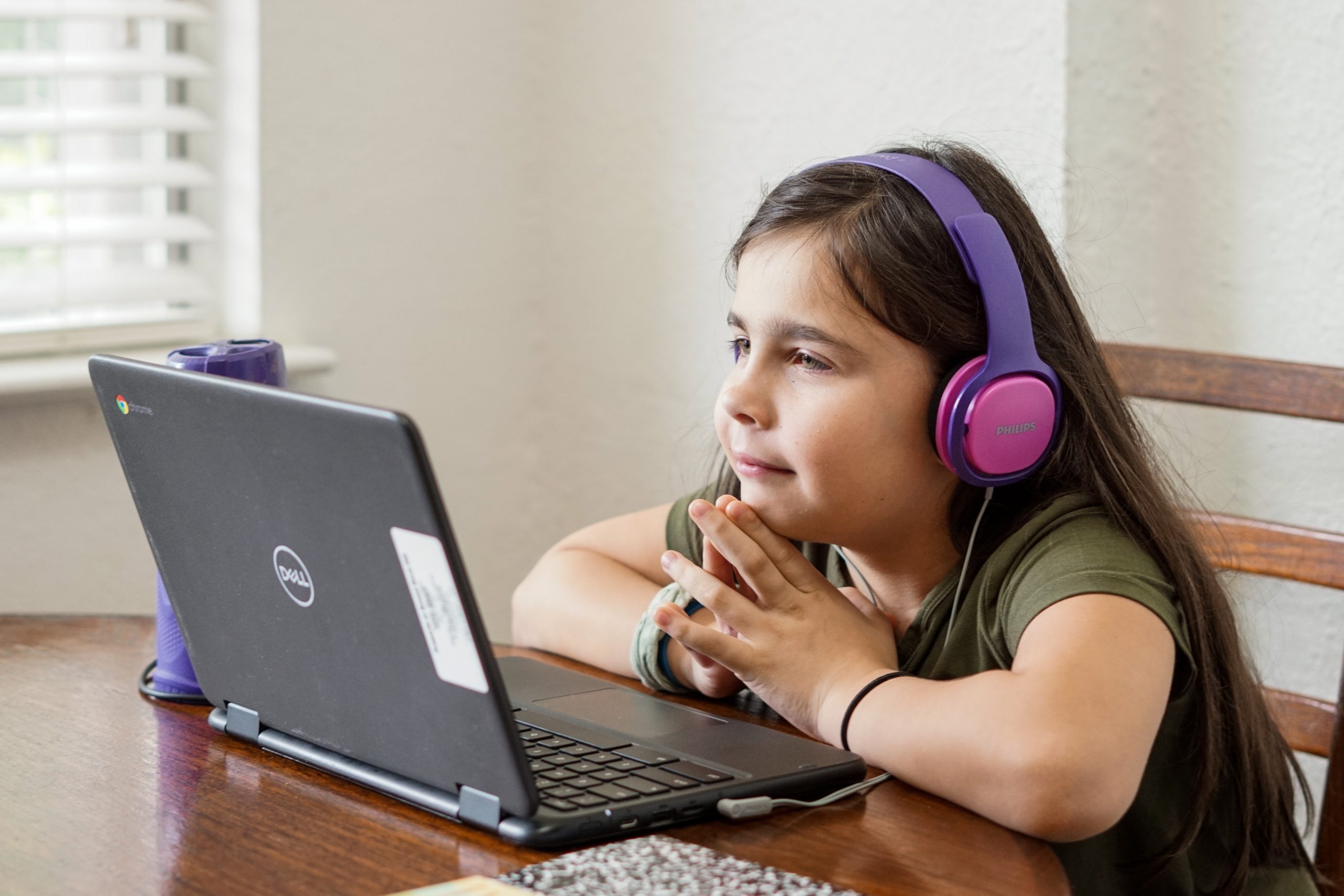
Schools across the UK are about to open again as the government continues to tackle the coronavirus crisis. Some pupils will however have to carry on schooling from home due to being vulnerable. Also, pupils and students who must self-isolate will need to carry on learning from home. So, for those who need to carry on home schooling their children, here are a few helpful tips.
1. Plan your day
Providing extra attention for your children at home can be challenging, but a little planning will go a long way. Each night ensure your child has a plan for the following day. This should involve aiming to get up at roughly the same time every day, eating well, exercising, and getting some much-needed fresh air. Creating a routine that is exactly like the one at school would be impractical, but it is possible to follow a similar structure, in the sense that you have one subject followed by another, with breaks in between.
At the same time, despite the benefits of following a daily routine, child psychologists warn that parents should still leave some room for flexibility to avoid pursuing an overly controlled environment. This may lead to more stress and anxiety in children. It is therefore crucial to maintain a healthy balance, which can be achieved through the understanding of your child’s wants and needs.
2. Create a dedicated workspace
Choose a place in your home where your child can sit and focus. If it is away from distractions, like toys and gaming, your child has a better chance of staying on task.
3. Stay active
Although it is undeniable that having to stay at home has led to a significant reduction of our daily activity, it is essential to maintain physical health for children and adults alike. In order to stay healthy and at the same time help your children expel their accumulated energy, use the allowed one form of exercise a day to go outside for a walk, jog, or other type of physical activity, whilst still adhering to the social distancing measures.
Alternatively, stay active even indoors by dancing, skipping, doing exercises found on YouTube or stretching your muscles in a good old classic game of Twister.
4. Develop consistency
Many schools are utilizing Zoom as the online platform to help keep students on task. This will help you stay on a schedule. If you have more flexibility with your day, try working on the more difficult subjects first, when children are more alert. Try to keep your subjects in the same order each day (if possible) because children will know what is coming. It makes things easier.
5. Make time for Socialization
Whilst the lockdown presents a wonderful opportunity to strengthen family ties, it is paramount for children’s social development that they remain in touch with their peers. Try to organise a video call with your child’s friends or classmates by making use of numerous available platforms, such as Skype, Zoom, House party, WhatsApp or Google Hangouts. However, even though it is likely that children and teenagers might spend increasingly more time using technology, certain rules regarding their screen time should nevertheless be applied.
6. Breaktime is a necessity
Children do not sit at their desks all day at school. They have snack time, playtime, and lunch, and they change between classes or subjects. Allow this time in your day and try not to rush through the work just for the sake of finishing. This does not benefit you or your child. It causes stress. If you notice your child is losing focus, that is okay. Take a break, walk around, go outside and get some fresh air, have a snack..
7. Be Kind
We all know that each child is different, and we should understand this adjustment period is difficult on them, too. They will miss their friends, their teachers, and the normalcy of school. If they exhibit behaviours of frustration, show them love and compassion, and listen to them. We often talk to our children, but how often do we listen?

Recent Comments